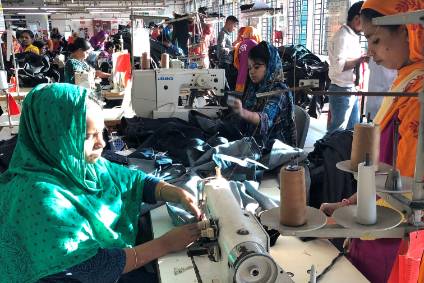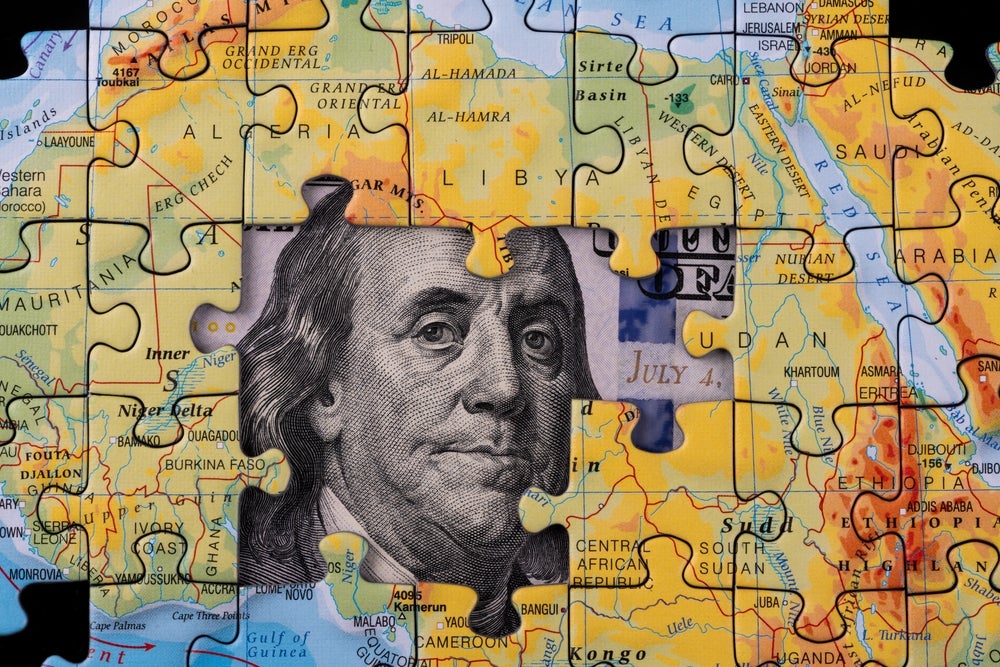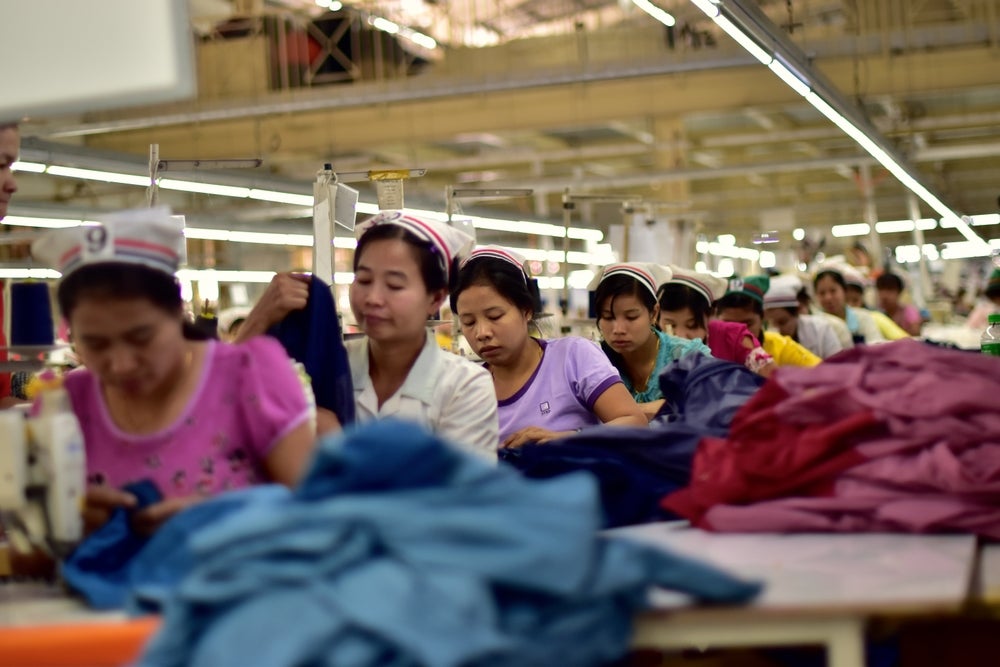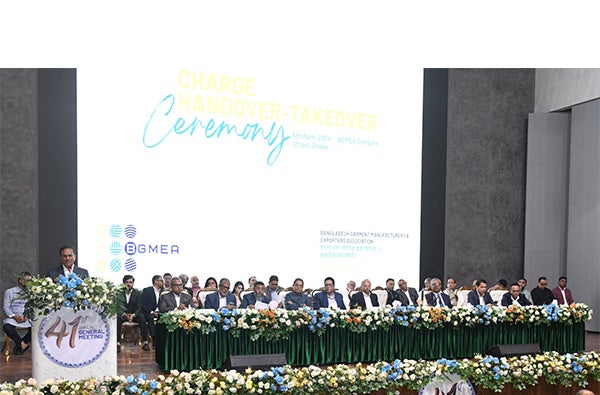
The Prime Minister of Bangladesh, Sheikh Hasina, has said the Covid-19 pandemic has had a “devastating impact” on the country’s readymade garment (RMG) sector and expressed concern over the growing level of job losses on the economy.
Hasina made the address on Global Leaders’ Day at the International Labour Organization’s (ILO) Virtual Global Summit.
Bangladesh is expected to graduate from Least Developed Country (LDC) status by 2024 – which currently gives it duty-free access to the European Union, Canada, and Japan.
But the World Bank predicts that Bangladesh will lose more than 20% of its remittance earnings, equivalent to $4bn, this year alone.
Hasina called the pandemic a “full-fledged global economic and social crisis”.
How well do you really know your competitors?
Access the most comprehensive Company Profiles on the market, powered by GlobalData. Save hours of research. Gain competitive edge.

Thank you!
Your download email will arrive shortly
Not ready to buy yet? Download a free sample
We are confident about the unique quality of our Company Profiles. However, we want you to make the most beneficial decision for your business, so we offer a free sample that you can download by submitting the below form
By GlobalDataSee Also:
She added: “During the pandemic, our external and domestic supply chains were severely disrupted, we lost export orders of billions of dollars. Many of our industries were closed and millions of workers lost their jobs.
“Our small industries lost most of their resources and markets and our agriculture suffered on the back of the supply chain disruption. [And] we are hosting 1.1m forcibly evicted Rohingyas from Myanmar.”
She said, in addition to rolling out a $12.1bn stimulus package for various sectors of the economy and different segments of society, the government has given out about $1bn to pay wages of ready-made garment workers and provided cash and other incentives to over 50m people who lost their daily income during this pandemic.
She also shared the plight of millions of Bangladeshi migrant workers and the devastating impact job losses are having on remittances in her nation. She acknowledged the vulnerable and most deprived populations are more likely to be victims of Covid-19 and called for:
- Migrant workers to be retained during this crisis.
- In case of layoffs, compensation and other dismissal benefits must be paid in full along with ensuring safety and health benefits.
- After the pandemic, these workers would have to be recruited for reactivating the economy.
“The vigorous, coordinated, worldwide response from all countries and stakeholders is needed now,” she said.
“With everything happening around us, the promise for decent jobs seems hard to realise individually, but I am convinced that together we can do it.”
Tuomo Poutiainen, the ILO country director for Bangladesh expressed his appreciation for the way in which the Government, employers and workers’ organisations have worked together to tackle the safe return to work, unemployment and business challenges brought on by Covid-19.
“While addressing the numerous challenges we all face today, it is important that we continue working together for the future in developing robust social protection schemes and investing in skilling and jobs programmes for youth, women and others in vulnerable situations,” Poutiainen said.
Last month, the European Union pledged EUR334m ($371m) to help the government of Bangladesh fight the pandemic, and in particular, provide cash assistance to its export workers.
Meanwhile, a new initiative is offering consumers the chance to purchase clothing from cancelled apparel orders from Bangladesh in a move aimed at helping support the industry and its workers through the crisis.








